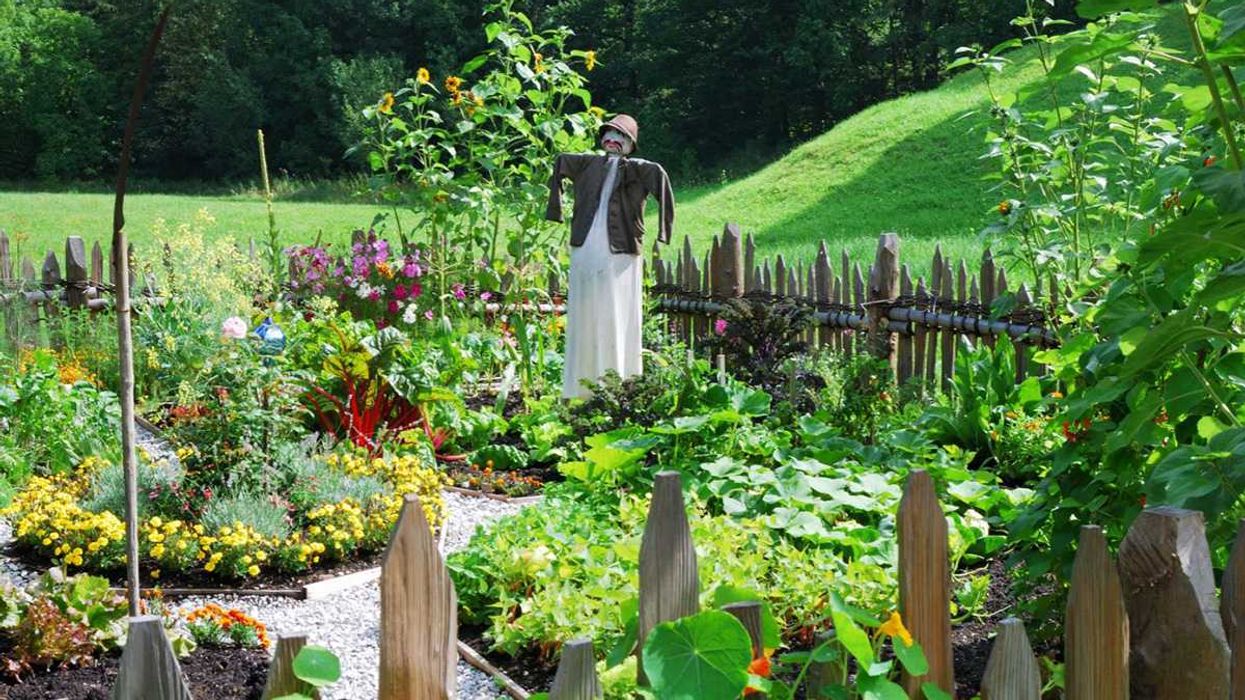There’s a brick building at 1226 Herron Avenue in Pittsburgh’s Polish Hill neighborhood that’s had many lives. Though it was initially built in 1917, its most lasting legacy began in 1973.
At that point it became the gay bar Norreh Social Club, (Norreh is Herron backwards) owned by Pittsburgh native Donald Thinnes, and later, in 1991, Donny’s Place. It remained in business until 2022, changing hands and sometimes names all the while. After Thinnes passed away in 2024, ownership of the building was left to his estate. Recently, however, it has been nominated for landmark preservation status. If the nomination goes through, it will be, according to Pittsburgh publication PublicSource, “the first historic landmark in Western Pennsylvania designated specifically for ties to LGBTQ history.”
Thinnes worked in Pittsburgh’s LGBTQ nightlife for almost 50 years. He made his space accessible for people across the LGBTQ spectrum, sectioning the building at different points for smaller bars–for lesbians, for the leather community, for a disco, and more. It became a community-oriented nightlife space, hosting everything from “a Country and Western reunion, Halloween parties, Superbowl parties with All-You-Can-Eat dinners, and a fundraiser in conjunction with the Pittsburgh Motorcycle Club that gave teddy bears to children in the hospital over Christmas,” according to Pittsburgh queer publication and archive QBurgh.
The site became an important space for HIV/AIDS awareness in the 1980s and 1990s as the virus swept the country, according to PublicSource. Advocacy and fundraising events were held regularly, including for those who experienced financial difficulties due to the effects of HIV/AIDS; memorials were also held in the space for those who passed from the illness.The site helped bring participants to the Pitt Men’s Study, “a confidential research study of the natural history of HIV/AIDS, funded by the National Institutes of Health,” which helped researchers to better understand the disease. Later, in 2001, it received a Certificate of Merit in Public Health, QBurgh wrote, from the Allegheny County Health Department for its contributions to Hepatitis A awareness.
The landmarking process began when Pittsburgh residents Dade Lemanski, Lizzie Anderson, and Matthew Cotter wrote a nomination assisted by historic preservation advocacy group Preservation Pittsburgh. "We believe that all who made Pittsburgh what it is today should be reflected. By trying to fill in the gaps that exist in what has received historic recognition, we hope to inspire interest in uncovering more stories and leverage other nominations,” they wrote.
The nomination has just faced significant pushback, however, from developers and from the Thinnes estate who are suing the nominators. According to another story in QBurgh, the suit claims “the nomination process has interfered with their ability to develop or sell the property and that the nominators had ‘impure motives’—a move that community activists say is a blatant attempt to silence and intimidate those fighting to preserve queer history.”
It seems Thinnes had worked out a sale of the property with Pittsburgh luxury developer Laurel Communities before his death. The attorney representing the developer and the estate claims the nomination dishonors Thinnes’ request. The nomination is still up for consideration, however, and people have already written letters of support–roughly 90, QBurgh reports. Pittsburgh’s Historic Review Commission will meet on March 5 to discuss.
Over the next few months, the fate of Donny’s Place/Norreh Social Club will be decided. Of the 191,681 historical sites filed in Pennsylvania, PublicSource writes, only 10 others demarcate LGBTQ history. If the nomination pulls forward, Donny’s Place will be number 11.

















 Hungry and ready.Photo credit
Hungry and ready.Photo credit  The mac and cheese staple presentation.Photo credit
The mac and cheese staple presentation.Photo credit  Pizza ready from the oven.Photo credit
Pizza ready from the oven.Photo credit  Friends hover around the barbeque.Photo credit
Friends hover around the barbeque.Photo credit  Seafood platter on the beach.Photo credit
Seafood platter on the beach.Photo credit  Scarecrow watches over a vegetable garden.Photo credit
Scarecrow watches over a vegetable garden.Photo credit 





 Ron. courtesy of K-9 Protectors
Ron. courtesy of K-9 Protectors Victoria and Ron.courtesy of Victoria Costa
Victoria and Ron.courtesy of Victoria Costa Ron. courtesy of K-9 Protectors
Ron. courtesy of K-9 Protectors Ron and Tyler at the swearing-in ceremony.courtesy of K-9 Protectors
Ron and Tyler at the swearing-in ceremony.courtesy of K-9 Protectors Ron. courtesy of Victoria Costa
Ron. courtesy of Victoria Costa
Professor shares how many years a friendship must last before it'll become lifelong